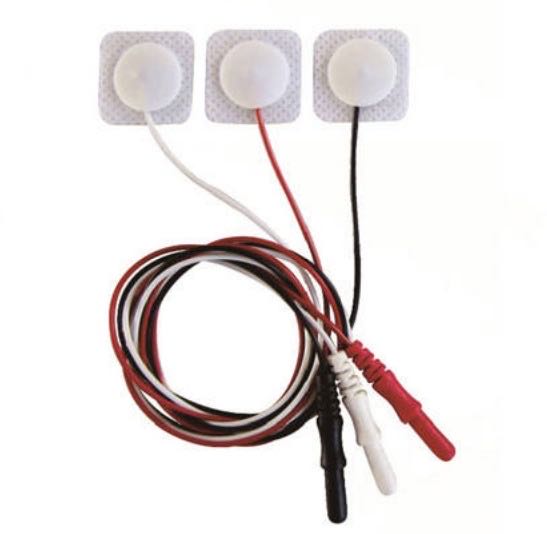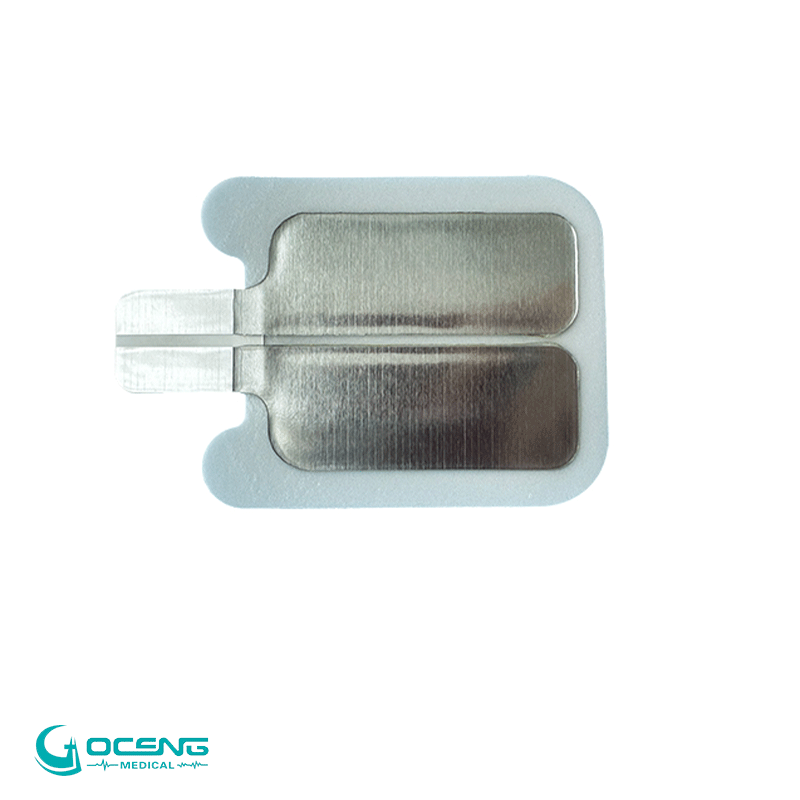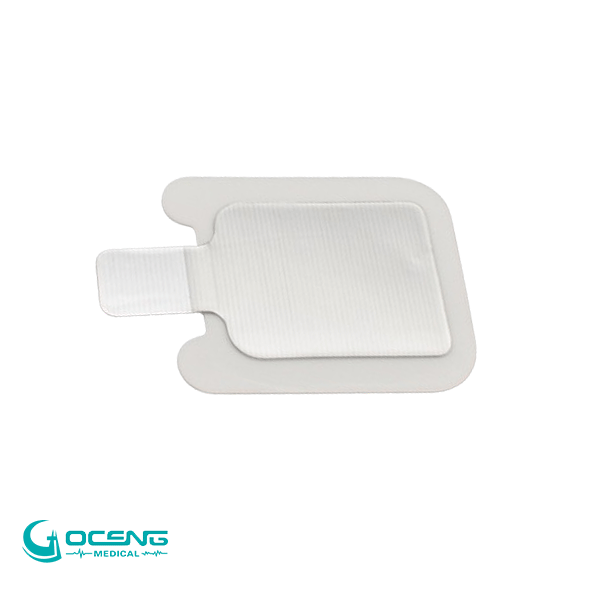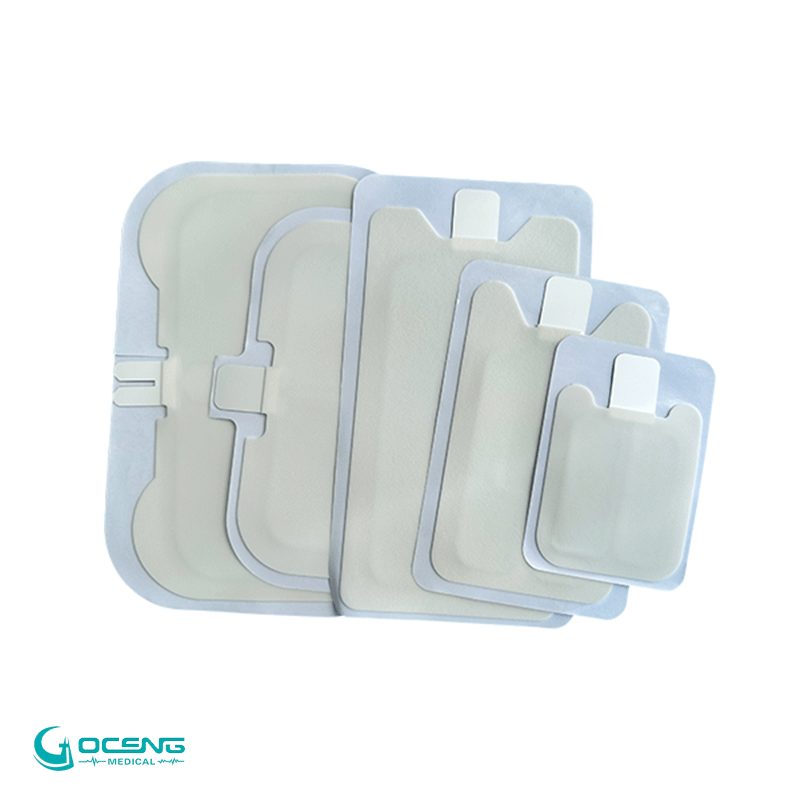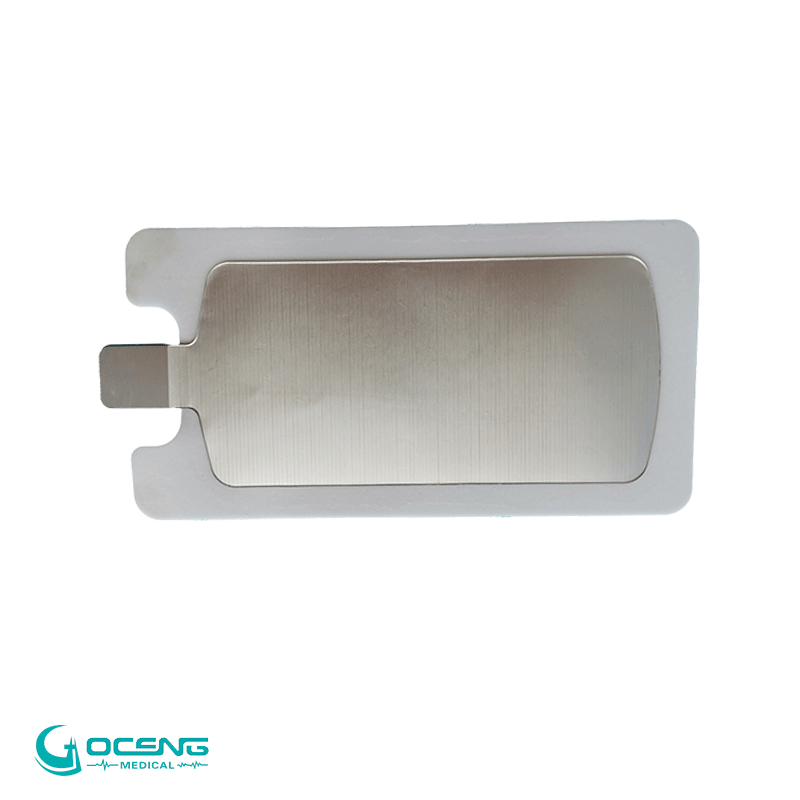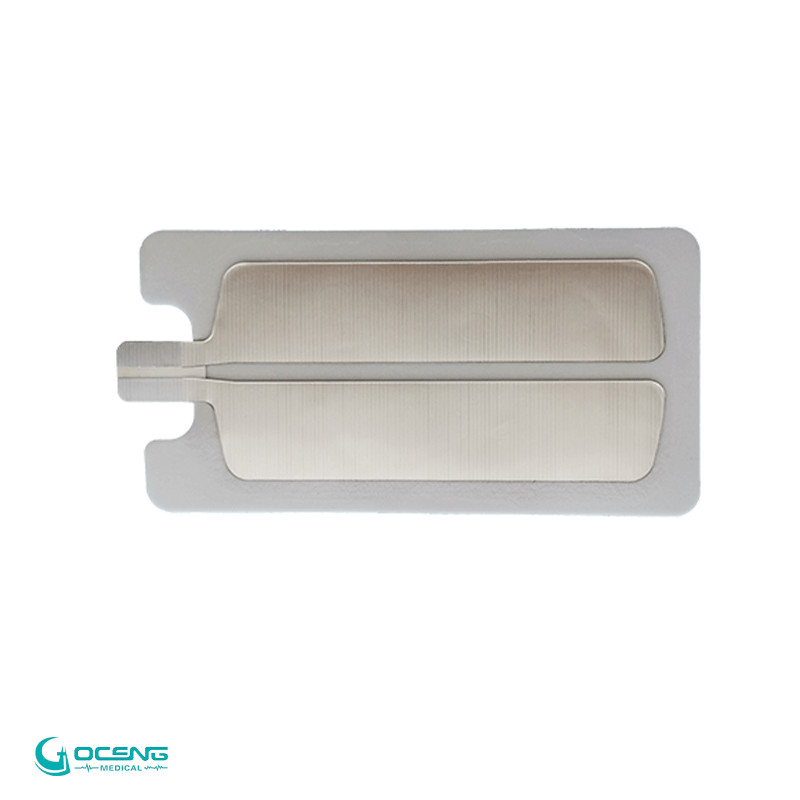Choose the good ECG (electrocardiogram) electrodes for clinical use is important for accurate readings, patient comfort, and cost-effectiveness. Here's a guide to help you make the best choice for your clinic :
Key Factors to Consider When Choosing ECG Electrodes
1. Type of ECG Test
Different types of ECG tests require different electrodes:
Resting ECG: Standard snap/tab electrodes; usually disposable.
Holter Monitoring: Long-wear, comfortable, and durable electrodes with strong adhesive.
Stress Tests: Electrodes with strong adhesion and sweat resistance.
Telemetry: Electrodes with longer wear time and low motion artifact.
2. Electrode Type
Pre-gelled (wet) electrodes: Common for resting ECGs. Provide good conductivity but dry out over time.
Dry electrodes: Rare, but useful for reusable or long-term applications.
Foam backing: Comfortable, conforms to body, but can cause sweating.
Cloth backing: Breathable, better for long-term wear.
Clear tape backing: Good for sensitive skin or when skin inspection is needed.
3. Adhesive Strength & Duration
Short-term (1-day): Mild adhesives, used for standard ECG.
Medium-term (24–72 hours): Stronger adhesives for Holter/stress tests.
Long-term (up to 7 days): Medical-grade adhesive, breathable backing.
4. Patient Comfort & Skin Sensitivity
Use hypoallergenic or latex-free electrodes for sensitive skin.
Pediatric or neonatal electrodes are smaller and gentler.
5. Connector Type
Snap connectors: Common and quick to apply.
Tab connectors: Economical; often used with clip leads.
Match the electrode connector with your ECG machine’s leads.
6. Quality & Brand Reliability
Use reputable brands (e.g., 3M, Ambu, Covidien) to ensure consistent performance.
Check for CE marking or FDA approval.
7. Cost & Storage Life
Buy in bulk for savings, but be aware of shelf life (usually 2 years).
Store in a cool, dry place to prevent gel degradation.
Please let me know what kind of ECG procedures you do most often or what machines you're using, I can help you choose the right ecg electrode .

